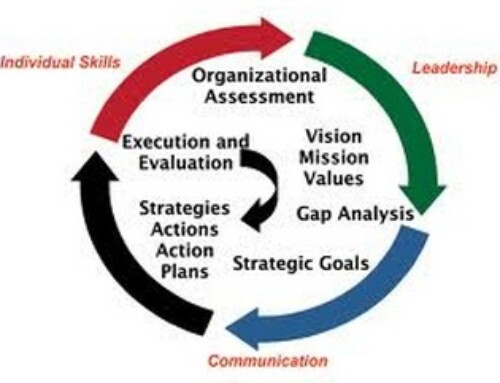 According to this research from Harvard and MIT, reprinted below from Housing Wire, A foreclosure reduces the value of a house by 27%, on average, and accounts for a much steeper price drop than other forced sales (like death). Despite every effort by the US Government to buoy the housing market, they have not been able to stem the rash of foreclosure.
According to this research from Harvard and MIT, reprinted below from Housing Wire, A foreclosure reduces the value of a house by 27%, on average, and accounts for a much steeper price drop than other forced sales (like death). Despite every effort by the US Government to buoy the housing market, they have not been able to stem the rash of foreclosure.
This is not necessarily being brought upon us by the worse employment market in history. It is compounded by “Strategic defaults” that continue at an alarming rate. These are defaults by homeowners who can afford to pay their mortgage, but choose not to because their home is worth less than their mortgage. They know thier bank, already overridden with foreclosures, won’t get around to evicting them for as long as two years, allowing them to live in the house for free. This also allows the homeowner to stash away thousands of dollars in extra cash and get away with it.
As of June, the Federal Government has dumped $3.7 Trillion dollars toward this problem. The impact only served to stop the fall – however the underlying fundamentals do not seem to be getting any better. Good information to keep in mind as Mid-summer reminds us that Fall is coming near. I think that we are in for a long cold winter in real estate.
Please enjoy this Housing Wire article – very well done.
A foreclosure reduces the value of a house by 27%, on average, and accounts for a much steeper price drop than other forced sales, according to a study by a Massachusetts Institute of Technology (MIT) economist and two Harvard University researchers.
In comparison, when a house is sold after the death of an owner, the price drops 5% to 7% on average. When an owner declares bankruptcy, the value sinks 3%, according to the report.
The research, “Forced Sales and House Prices,” has been accepted for publication in the American Economic Review.
In the study, MIT economist Parag Pathak and Harvard researchers John Y. Campbell and Stefano Giglio examined 1.8m home sales in Massachusetts from 1987 through March 2009.
The researchers believe their discovery of the gaps between the price reductions is key to isolating the effects of foreclosures. Because the declines in value are so disparate, yet occur among comparable homes in the same times and places, the reductions in value are not all attributable to the same overarching economic conditions, the researchers believe.
“Its not surprising that there is a discount due to foreclosure,” said Pathak. “But it is surprising that its so large.”
In addition, sellers trying to sell their non-distressed, occupied properties in a neighborhood that has a foreclosed home on the market will take a price hit, according to the report. The researchers estimated the value of a home drops by 1%, on average, if it is within roughly 250 feet of a foreclosed home. MIT said the paper represents the first time economists have been able to clearly quantify how much nearby foreclosures affects prices of inhabited homes.
“This can happen for multiple reasons,” Pathak said. First of all, he notes, “If you live near a foreclosed house, it may not be maintained.”
Neighborhood appearance enhances real estate value. Secondly, even without visible deterioration, such homes, when resold quickly for a discount, can affect neighborhood values because homebuyers and real estate brokers look at comparable sales when making an offer.
“First, houses are productive only when people are living in them,” the report said. “Owning an empty house is equivalent to throwing away the dividend on a financial asset. Second, houses are fragile assets that need maintenance, and are vulnerable to vandalism. Unoccupied houses are particularly vulnerable and expensive to protect. Third, short-term rental contracts involve high transactions costs, resulting from the moving costs of renters and the need of homeowners to protect their property against damage,” the report said.
Christopher Mayer, dean of the Columbia Business School in New York, said in a press release on MITs website that he believes the study will open up more research on whether foreclosures cause other foreclosures, a process he calls “contagion.”
Although the paper suggested only minor decreases in values of neighboring homes, Mayer questions whether there may be a tipping point “at which a neighborhood starts to fall apart.”
Write to Kerry Curry.




